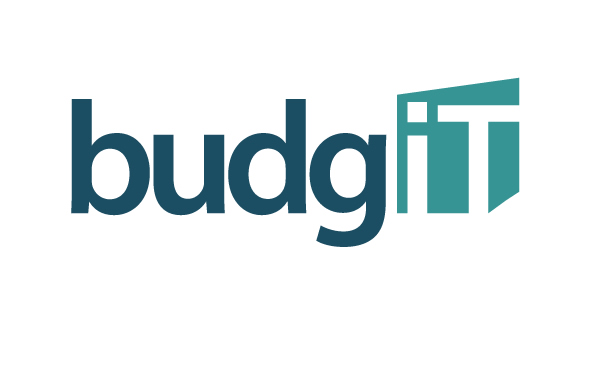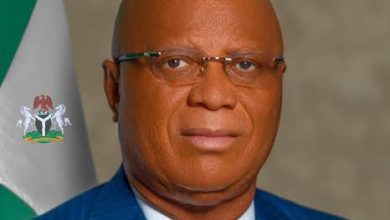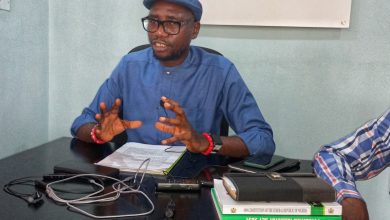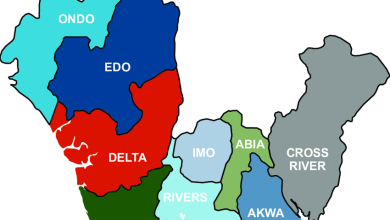
By Substance Udo-Nature
Latest release by BudgIT has ranked Akwa Ibom fifth among the “most improved states in internally generated revenue (IGR)” in the country in the past six years.
In the September 2020 report released recently by BudgIT as contained in its “2020 State of States’ Report and Financial Viability of Nigerian States”, Akwa Ibom took the fifth position under the “Year-On-Year Most Improved States in IGR” in the federation, recording a growth ratio of 105.98 per cent in the cumulative years of 2014 to 2020. The only other states slightly above Akwa Ibom are Rivers, Lagos, Kaduna and Enugu.
The report came barely five months after the National Bureau of Statistics (NBS) in its 2019 fiscal report for IGR placed the state in the seventh position in the entire country, fifth in the whole South, and third in the South-South geo-political zone respectively, having risen astronomically from N24.2bn in 2018 to N32.29bn in 2019, with an increase of 33.37 per cent.
Related: AKSG Generates All Time High IGR of N32.29 Billion in 2019
In a graphical representation, BudgIT showed the six-year progression as N15.68bn (2014); N14.79bn (2015); and N23.27bn (2016). Others are N15.96bn (2017); N24.2bn (2018); while 2019 recorded N 32.29bn in IGR, the highest since creation of the state 33 years ago.
Founded nine years ago in 2011, BudgIT is a Nigerian civil advocacy organization that uses a variety of technological tools to simplify budgets and matters of public spending for citizens, with the primary aim of raising the standard of transparency and accountability in government, creating awareness, and making it easier for citizens to study how leaders manage financial resources of their states.
Basing its 2020 report on fiscal analysis and data representation, BudgIT says with the outstanding growth indices, Akwa Ibom has met the 20 per cent basic IGR growth target and also ranked 20th in the 2020 States’ Fiscal Sustainability Index, which automatically qualifies the state to receive the $1M grant incentive offered by the World Bank, supported by the State’s Fiscal Transparency, Accountability and Sustainability (SFTAS).
Recall that in 2018 the World Bank had advanced N43.4bn ($120.6m) performance grant to some states in Nigeria based on fiscal transparency measures. The programme, a $750m wholly- financed loan package by the World Bank Group affiliate, the International Development Association (IDA), is aimed at promoting fiscal transparency, accountability and sustainable development by subnational entities in the country.
The BudgIT report also shows Akwa Ibom falling within the bracket of five most economically strong states in the country (including Rivers, Kaduna, Ebonyi and Kebbi) that have been able to prioritize capital expenditure over recurrent obligations and therefore do not belong in the category of states in distress.
Another aspect of the release shows that by virtue of the consistent growth trend in IGR in the last six years, Akwa Ibom came second with a surplus of N77, 186, 122, 148 under the Ability of States to Meet Recurrent Monthly Expenditure and Loan Repayment Obligations, with Rivers State (N184,919,206,638) and Delta State (N68,214, 119,866) being first and third respectively.
The analysis further identified and predicted that out of the 31 states with weak IGR foundation, Bayelsa, Borno and Katsina are likely to be worst hit by dwindling revenue because of their largely dependence on federal allocations, with 89.58 per cent, 88.35 per cent, and 88.16 per cent respectively in 2019 alone.
Acknowledging the huge and lingering challenges and shocks generated by the Covid-19 pandemic across the world, the independent organization and expert at financial analysis however warned states with good performance record not to be complacent but to do more if they must continue to stay above troubled waters.
“States have seen some improvement in their IGR between 2014 and 2019, however, there is still a need to put systems in place for aggressive IGR growth within their states, especially with falling crude oil prices, OPEC production cuts and other Covid-19-induced headwinds”, it stated.
Financial analysts have attributed the consistent and unprecedented rise in IGR in Akwa Ibom State to the vision and leadership acumen of the governor of the state, Mr. Udom Emmanuel, especially his having granted autonomy to the State’s Board of Internal Revenue Service. This, in their assessment, has brought about tremendous innovations in taxation administration in the state ably spearheaded by the chairman of the board, Mr. Okon Okon.
With strong optimism, the commentators maintained that with what has happened since the coming of the present board, the state has capacity and potential to generate even more revenue in the coming days, especially if international oil companies (IOCs) and other organizations in the maritime sub-sector fully comply with tax obligations.
Available documents at the office of the Akwa Ibom Internal Revenue show that the present board was inaugurated in April 2017.




